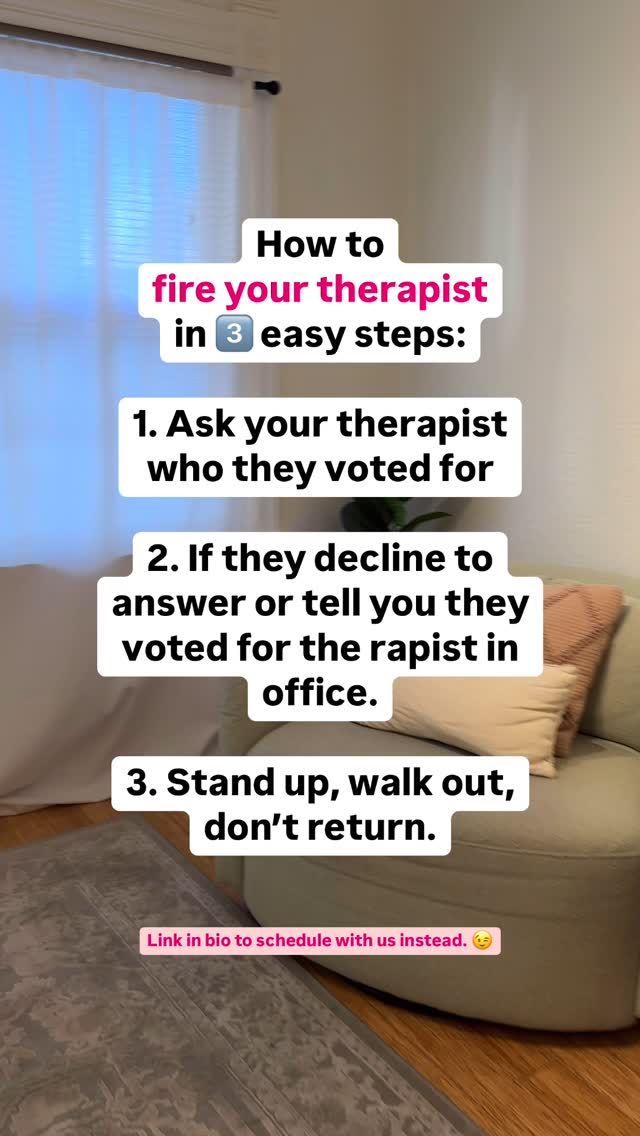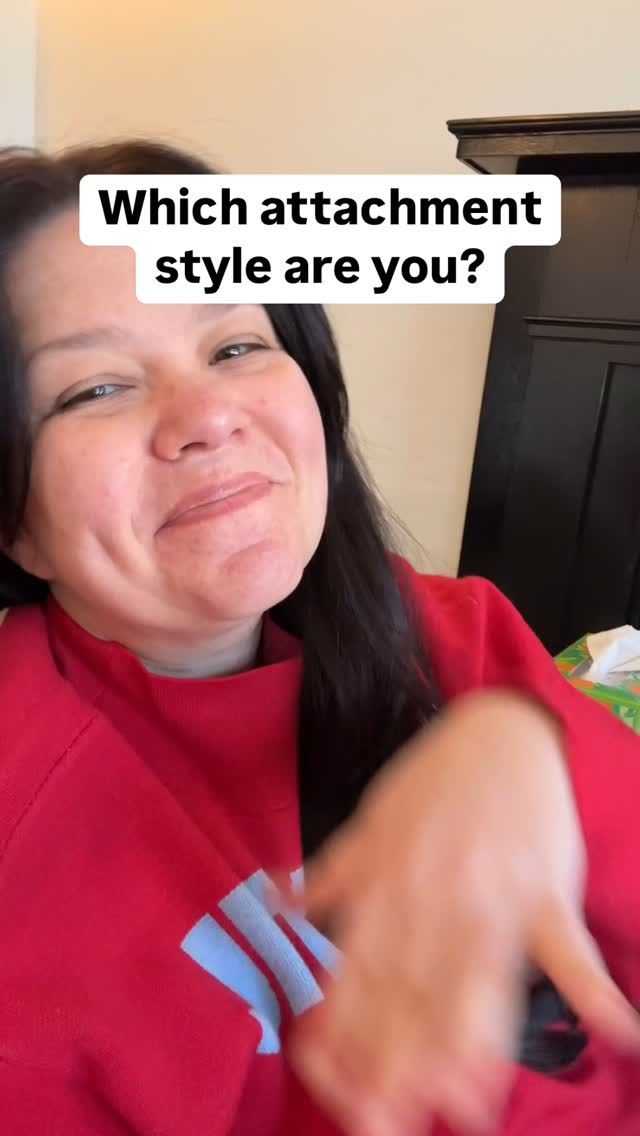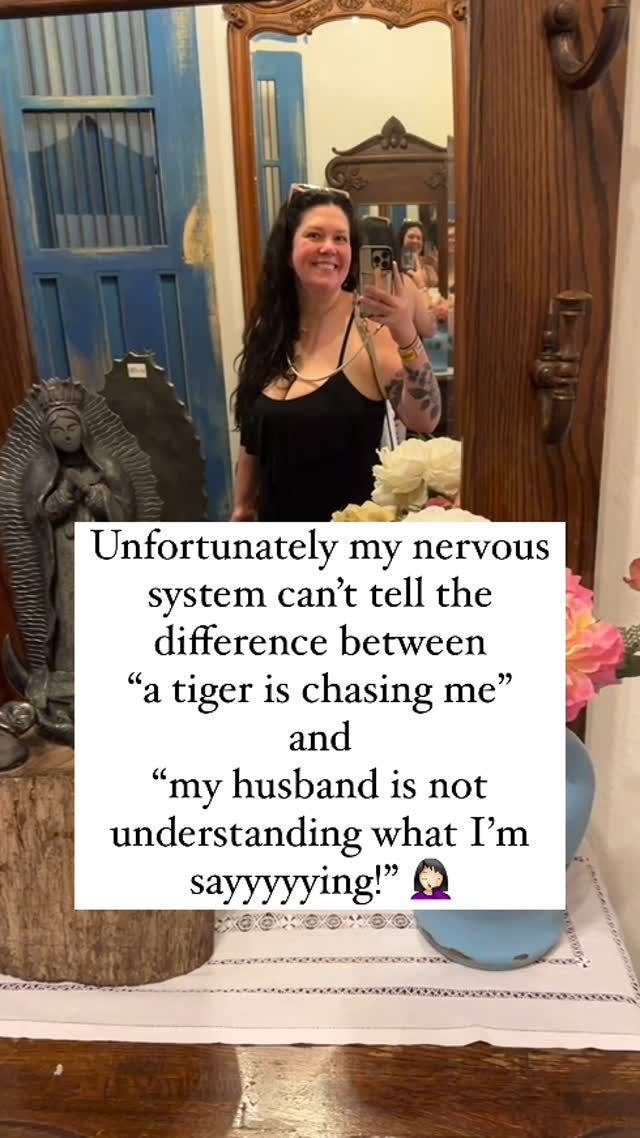
Critical thinking is one of the most important skills that a child can learn. And most parents agree; about 95 percent of people think that education, kindergarten through college, should require courses in critical thinking. Critical thinking, or the ability to look at the world logically and reasonably at the highest level of quality, is crucial to understanding the world around us– especially now, in the internet age where kids (and adults!) are constantly exposed to misinformation.
But sadly, critical thinking is a skill that many kids (and adults!) have a hard time with. It’s simply missing from a great deal of education, especially primary education. According to Frank Breslin, retired high school instructor and academic theorist, critical thinking has been pushed out of schools by curriculum overload:
“While teachers do encourage critical thinking, there has never been a way of formally integrating this skill into existing curricula. Apart from a few teachers who do train their students in critical thinking, most teachers do not for one simple reason– there is no time. State education departments mandate that so much material has to be covered that critical thinking cannot be taught, nor can the courses themselves be critically presented.”
So if your kids’ teachers aren’t allowed to teach them how to think critically, what can you do as a parent to support this important skill? How can you teach your child how to think critically?
Why Is Critical Thinking Important?
Critical thinking is a fundamental skill that empowers kids to analyze information, make reasoned decisions, and solve problems effectively. It goes beyond memorization and encourages children to question the world around them to better understand it. At its core, critical thinking for kids involves developing the ability to think independently, logically, and creatively.
Curiosity and Analysis
For kids, the most important thing about critical thinking is that it encourages them to ask questions. Children are naturally curious, and fostering this curiosity is key to developing critical thinking skills. Instead of passively accepting information, kids learn to inquire about the why, how, and what-if aspects of a situation. By asking questions, they begin to explore different perspectives. This lets them gain a deeper understanding of concepts and develop a habit of seeking knowledge.
Critical thinking also teaches kids to analyze the information they take in, instead of just accepting it at face value. In today’s information-rich world, children are exposed to a plethora of data from various sources, many of which are completely unregulated. Critical thinking skills help them sift through this information, distinguishing between reliable and unreliable sources. Kids learn to assess the credibility of information. They can learn how to identify biases and make informed decisions based on evidence rather than mere intuition.
Empathy and Open-Mindedness
Critical thinking also encourages kids to consider different viewpoints. It fosters empathy and open-mindedness, helping children understand that there can be multiple valid perspectives on any given issue. This skill is essential in a diverse and interconnected world, promoting tolerance and cooperation. Kids learn to appreciate the richness of diversity and engage in constructive dialogue with their peers.
Problem-Solving and Creativity
Another crucial aspect of critical thinking for kids is problem-solving. Critical thinkers are adept at breaking down complex problems into manageable parts, identifying possible solutions, and evaluating their effectiveness. This skill empowers children to tackle challenges with confidence, promoting resilience and adaptability.
Critical thinking also nurtures creativity. It encourages kids to think outside the box, explore innovative ideas, and connect seemingly unrelated concepts. This creative aspect of critical thinking enhances a child’s imagination and prepares them for a future where innovation is highly valued.
Critical thinking is a lifelong skill that equips kids with the tools they need to thrive in a complex and ever-changing world. It is not about finding the right answer but about developing a mindset that values inquiry, analysis, and creativity. Critical thinking empowers kids to become independent, thoughtful individuals who can navigate the challenges of the future with confidence and resilience.
How To Teach Your Child Critical Thinking Skills
Teaching critical thinking to kids lays the foundation for a lifetime of informed decision-making and problem-solving. Here are key strategies to foster this essential skill in young minds, setting them up for a lifetime of curiosity and inquiry.
Encourage Questioning
You can cultivate a curiosity-driven environment by encouraging kids to ask questions. Foster a culture where queries are welcomed, and curiosity is celebrated. By doing so, your child will develop the habit of seeking information, understanding the reasons behind things, and exploring the world around them.
Model Critical Thinking
Children often learn by example. Demonstrate critical thinking in your own decision-making and problem-solving processes. Discuss your reasoning aloud, ask questions, and show how evidence supports conclusions. When kids witness critical thinking in action, they are more likely to emulate these cognitive processes.
Provide Diverse Perspectives
It’s important to expose kids to a variety of viewpoints and opinions. Discuss different cultural, historical, and social perspectives on various topics. This helps children understand that there isn’t always a single right answer and that considering multiple viewpoints enriches their understanding of a subject.
Encourage Analysis of Media
In today’s digital age, kids are bombarded with information from various media sources. Even if you limit screen time, just existing in the world exposes kids to all kinds of media. Teach them to be discerning consumers by discussing different types of media, their biases, and potential motivations. Help them evaluate the credibility of sources and distinguish between fact and opinion.
Play Decision-Making Games
Board games, puzzles, and strategic video games provide excellent opportunities for kids to practice critical thinking skills. These games often require planning, problem-solving, and adapting to changing situations, helping children develop a structured approach to decision-making. Plus, these games are fun! If they’re having a good time, your kids won’t even realize they’re learning.
Teach Problem-Solving Strategies
Equip kids with problem-solving frameworks. Teach them to break down complex issues into smaller parts, identify possible solutions, and evaluate the pros and cons of each. Providing structured problem-solving exercises develops their analytical abilities and resilience in the face of challenges.
Encourage Creative Thinking
Foster an environment that values creativity alongside critical thinking. Engage kids in activities that stimulate their imagination, such as storytelling, drawing, or role-playing. Creative thinking enhances their ability to approach problems from unique angles, promoting a well-rounded thinking process.
Support a Growth Mindset
Foster a growth mindset by emphasizing the idea that their thinking abilities can be developed through effort and perseverance. Teach kids that making mistakes is a natural part of learning and an opportunity for growth. Let them learn and grow instead of punishing them when mistakes happen. And let them know that adults can make mistakes and learn from them, too!
Teaching critical thinking to kids is an important part of their development. It isn’t just an academic skill; understanding how to think critically will improve their ability to regulate their emotions, develop their empathy, and help them understand where they fit in the world. If you want assistance teaching your child critical thinking, don’t hesitate to reach out to the therapists at Love Heal Grow. Our teen therapy experts are great at teaching parents how to introduce critical thinking into your kids’ experience!






